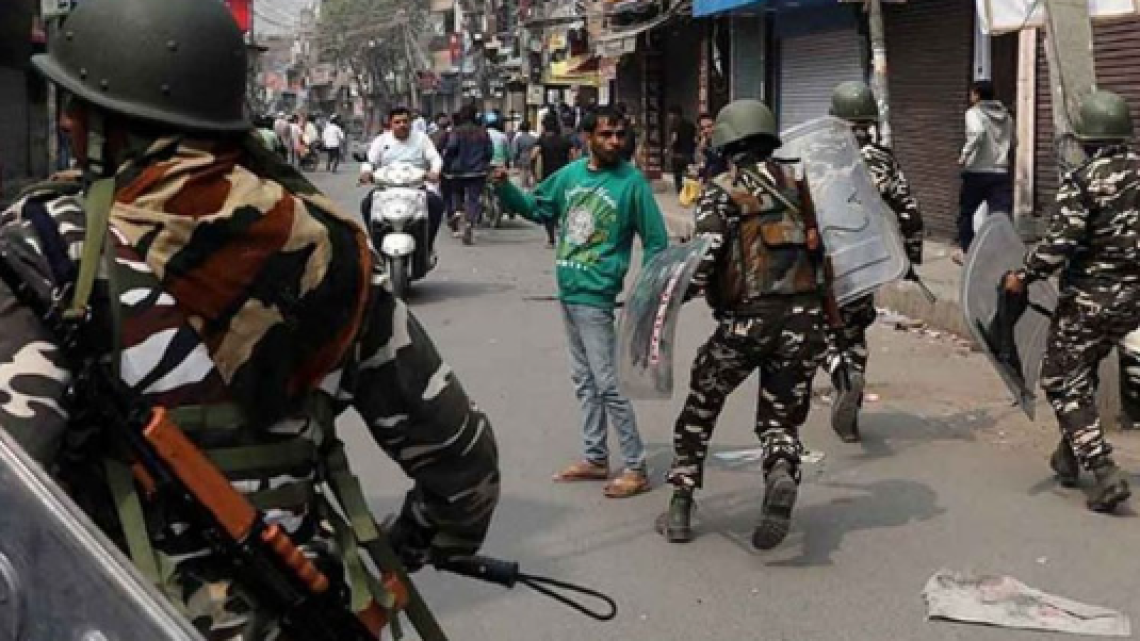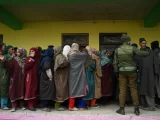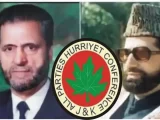
Arbitrary Detentions under PSA: Escalating Tensions in IIOJK
May 20, 2024In the Poonch district of Indian Illegally Occupied Jammu and Kashmir, three young men were detained under the controversial Public Safety Act (PSA) on Sunday. The detainees, identified as Iftar Ahmed, Khurshid Ahmed, and Ghulam Abass, hail from Gursai village in the Mendhar area.
The Indian police allege that these individuals posed a significant threat to the state, claiming their detention was a precautionary measure. However, many view this rationale as a weak justification for detaining ordinary citizens, reflecting the broader pattern of repression in the occupied territory.
The PSA, often criticized for its draconian provisions, allows for the detention of individuals without trial for up to two years. This act has been widely condemned by human rights organizations and activists for its misuse in silencing dissent and suppressing the Kashmiri population.
The recent detentions in Poonch are part of an ongoing series of cordon and search operations conducted by Indian forces in the region. These operations have been particularly intense in Poonch and the neighboring Rajouri district, creating an atmosphere of fear and uncertainty among local residents.
Critics argue that the use of the PSA and similar tactics are tools of oppression aimed at stifling the voices of those who seek self-determination and resist Indian control. The arbitrary nature of these detentions undermines the rule of law and exacerbates the already volatile situation in the region.
For the people of Poonch and other parts of Jammu and Kashmir, these actions are seen as part of routine by the Indian state to maintain its grip on the disputed territory. The continuous military presence and frequent operations disrupt daily life, infringe on civil liberties, and contribute to a sense of perpetual insecurity.
The detentions of Iftar Ahmed, Khurshid Ahmed, and Ghulam Abass are not isolated incidents but rather part of a larger pattern of systemic repression. These actions underscore the ongoing struggle for justice and self-determination faced by the Kashmiri people.

